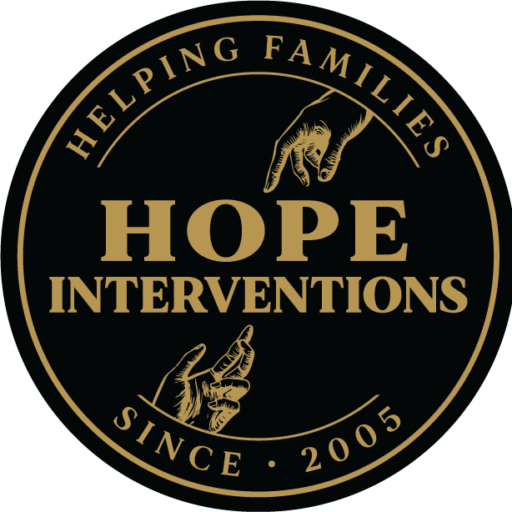Addiction to drugs or alcohol doesn’t only affect the individual—it deeply impacts families and loved ones. When attempts to talk, reason, or persuade fail, families often feel powerless. That’s when an addiction interventionist can play a critical role.
Interventionists act as both a guide and a bridge, helping families stage structured interventions and connecting loved ones with professional treatment. Here’s a closer look at their role in the recovery process.
What Is an Addiction Interventionist?
An addiction interventionist is a trained professional who specializes in guiding families through the process of encouraging a loved one to seek treatment for substance use disorder. They bring structure, neutrality, and expertise to what can otherwise become a chaotic and emotional situation.
The Role of an Interventionist in Recovery
1. Educating Families
- Explains addiction as a medical condition, not a moral failing.
- Teaches families how to communicate with compassion rather than blame.
- Provides strategies to stop enabling and set healthy boundaries.
2. Planning the Intervention
- Works with families to prepare statements of love and concern.
- Identifies the right timing, participants, and structure for the intervention.
- Ensures the process is safe, respectful, and effective.
3. Leading the Intervention Meeting
- Facilitates the conversation in a calm, supportive manner.
- Keeps emotions in check to prevent arguments or conflict.
- Presents treatment options and encourages immediate acceptance.
4. Transitioning Into Treatment
- Coordinates directly with detox centers, rehabs, or therapists.
- Assists with logistics like admissions and travel arrangements.
- Ensures the process doesn’t end with the intervention but continues into treatment.
5. Supporting Families After the Intervention
- Provides coaching and resources for ongoing family healing.
- Connects families with support groups like Al-Anon or Nar-Anon.
- Helps maintain accountability during early recovery.
Why Interventionists Are Essential in Drug and Alcohol Recovery
- Higher Success Rates: Professional interventions increase the likelihood of treatment acceptance.
- Family Healing: Interventions are about the whole family, not just the individual.
- Safety and Neutrality: Interventionists keep the process calm and productive.
- Connection to Resources: They bridge the gap between crisis and treatment.
Conclusion
The role of an addiction interventionist in drug and alcohol recovery is vital. They guide families through one of the hardest conversations they’ll ever face, providing structure, compassion, and hope. By connecting individuals to treatment and supporting families along the way, interventionists help transform crisis into a pathway toward healing.
At Hope Interventions, our specialists are committed to walking alongside families, ensuring that no one faces the challenges of addiction recovery alone.

